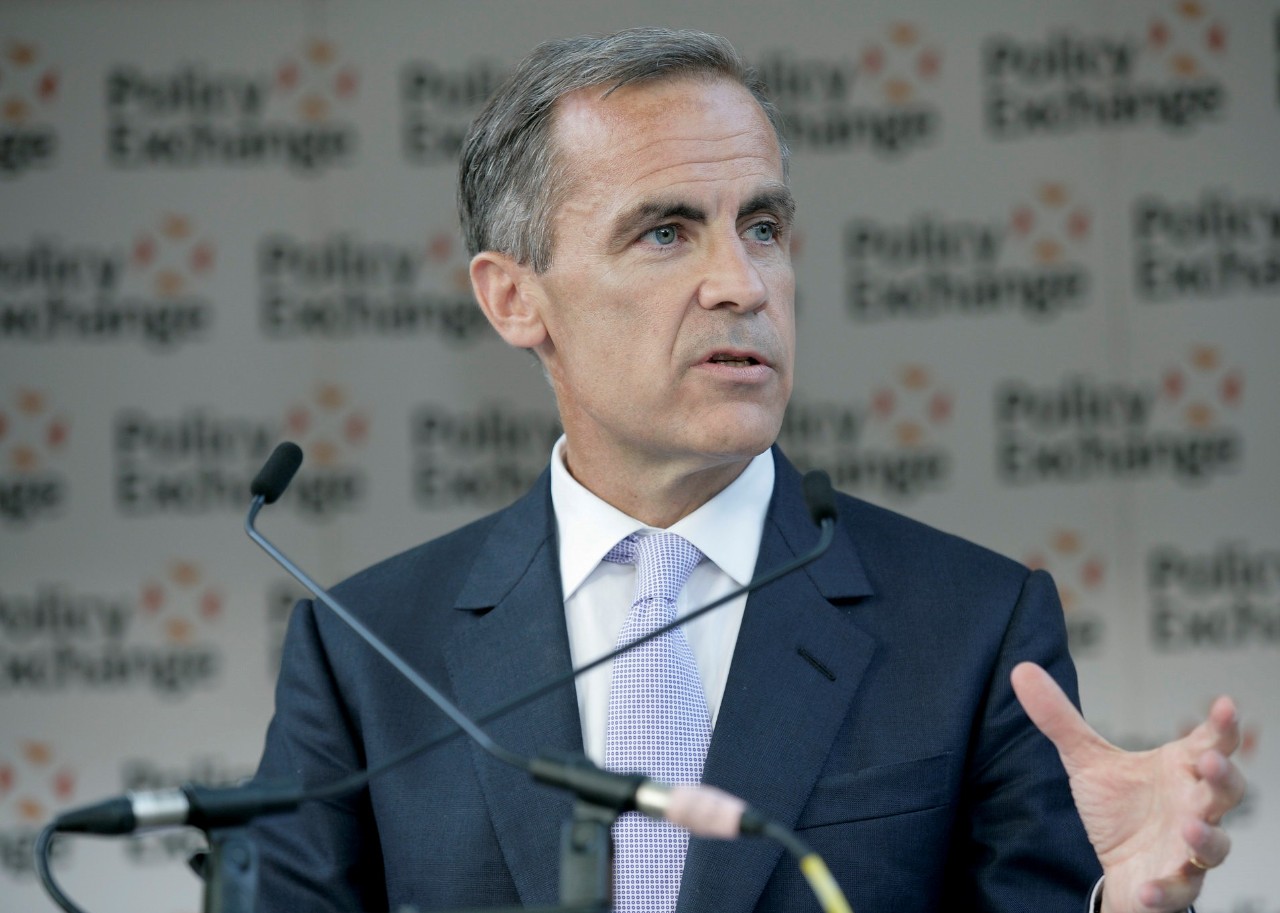Stable but substandard growth
Tensions weigh heavy on global growth
World growth might be stable, but the quality of that growth has declined, according to the Governor of the Bank of England, Mark Carney. At a recent conference, Mr Carney spoke of a sizeable hit to the growth rate of business investment in the G7 — an intergovernmental body comprising the world’s seven largest International Monetary Fund-described advanced economies (the US, the UK, Japan, Canada, France, Germany and Italy).
“The latest indications and indicators suggest that global growth is holding steady, rather than picking up as the [Bank of England’s] Monetary Policy Committee (MPC) had expected three months ago,” the governor noted. “The quality of that growth has also deteriorated, with the growth rate of business investment in the G7 cut almost in half since its peak in late 2017. Global price pressures remain subdued, with headline and core inflation below target in all major advanced economies.”

Growth on a downer
The conference was centred around the bank’s Inflation Report for that month, which noted that the forecast for world growth has worsened somewhat since May this year, partly reflecting increasing trade tensions. UK-weighted global GDP growth slowed marginally to 0.4% in the second quarter of 2019, slightly lower than anticipated in May. Additionally, eurozone and US GDP growth slowed, after unexpected Q1 strength, to 0.2% and 0.5% respectively. Furthermore, emerging market growth has been weaker than forecast, having slowed in the last 12 months, reflecting a previous tightening in financial conditions.
“Higher-frequency indicators further suggest that global output growth may have weakened in recent months,” the report continued. “Global Purchasing Managers’ Indexes (PMIs) have continued to fall since May, particularly in the manufacturing sector, where the output index has dipped below 50. Forward-looking surveys suggest that growth is likely to stabilise in the near-term. For example, the manufacturing export orders index has remained at a similar level over the past three months.”
The forecast for world growth has worsened somewhat since May this year
Mr Carney said that the anticipated paths of policy interest rates in advanced economies have moved sharply lower due to the “softer” prospects for global demand and inflation. In turn, world financial conditions are being supported by expectations of easier monetary policy.
“US 10-year yields are near two-year lows, 10-year gilt yields are at their lowest in three years and German 10-year Bund yields are their lowest ever,” he noted. “Around $14tr of global investment-grade debt is now trading at negative yields. In the MPC’s latest projections, these more-accumulative financial conditions offset the drags from trade headwinds, although global growth is now expected to return to potential rates more slowly than in May.”
Superpower significance
Unsurprisingly, the governor also passed comment on the US–China trade dispute. Mr Carney noted that the conflict intensified “with the ink barely dry on our May Inflation Report”.
“More generally, the rationales for protectionism have broadened, increasing the risks that it could prove more pervasive, persistent and damaging than previously expected,” he continued. “There are already signs that trade actions are having larger effects than previously anticipated on global business confidence and investment spending. For example, the JP Morgan Global Manufacturing PMI fell to its lowest level since October 2012.”
“Softer global growth — particularly in the manufacturing sector — is likely at least in part to reflect the impact of trade tensions, which have increased over the past year and intensified further since May,” the Bank of England report said, going on to note: “As well as the tariffs implemented so far, other developments have added to concerns about trade protectionism. For example, the US announced plans to impose further tariffs on all remaining imports from China, although in June both parties agreed to continue talks. The US administration is also considering whether to impose tariffs on automotive products, including those imported from the EU, with a decision expected later this year.”
The bank argued that trade tensions will have likely impacted the world’s economy through direct as well as indirect means.
“Tariffs introduced by the US and China have had a direct effect on their bilateral goods trade, with both Chinese imports from the US and US imports from China having fallen in the year to Q1 2019,” the report said. “There are also likely to have been wider indirect effects via reduced global business confidence. Sentiment in the manufacturing sector has fallen over the past year, consistent with weaker world trade growth. Indicators of uncertainty about economic policy, including trade policy, have also picked up. That is likely to have weighed on investment, which has been a key driver of the recent slowdown in advanced economy growth. Consumption growth has remained resilient, however.”
The report claimed that across the outlook as a whole, trade tensions are anticipated to drag on GDP growth by more than was assumed in May. Levies are forecast to decrease US GDP by 0.5% — and China GDP by 0.4% after some offset from looser policy has been incorporated.
The document stated: “The overall impact is to lower purchasing power parity-weighted world GDP by 0.2% via direct channels … It is also likely that there have been spillovers via business confidence, although the MPC’s central forecast assumes that they are only modest. A severe shock could lead to a much larger impact.”
While the MPC’s forecast pointed out that “the easing of global financial conditions supports a gradual pickup in world GDP growth to its potential rate”, the forecast is still slightly weaker than in May, and this reflects the downward effect of greater tariffs and the related impact of weaker sentiment, according to the Bank of England.
The Baltic Exchange will hold its next Shipping Economics & Investment course on 13 and 14 January 2020 in London. More information can be found here.